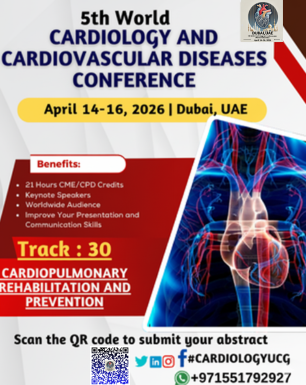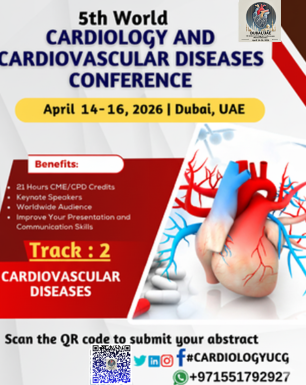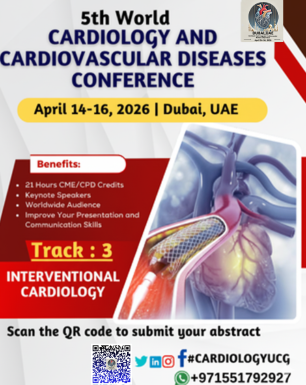



Sub Topics: Coronary Artery Disease, ...


Cardiopulmonary rehabilitation is a comprehensive program that typically involves exercise training, nutritional guidance, counseling, education on managing chronic diseases, and stress management. Prevention focuses on strategies to reduce the risk of developing cardiovascular and pulmonary diseases through lifestyle changes, including healthy eating, physical activity, and smoking cessation.
Improved Cardiovascular and Pulmonary Health: Tailored exercise regimens and medical supervision help patients recover from surgeries, heart attacks, and other conditions more effectively.
Increased Physical Activity: Gradual and supervised physical activity is key to improving endurance, strength, and overall fitness, which helps prevent further cardiovascular and pulmonary problems.
Prevention of Complications: Programs are designed to help prevent the recurrence of heart attacks, strokes, and lung disease through education on lifestyle changes and medical adherence.
Psychosocial Support: Patients also benefit from the psychological support offered in these programs, reducing anxiety, depression, and stress, which often accompany chronic health conditions.
Long-Term Impact: Those who undergo rehabilitation and prevention programs have a significantly lower risk of hospitalization and mortality, thanks to enhanced health and lifestyle modifications.